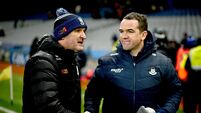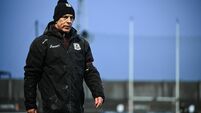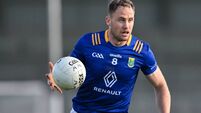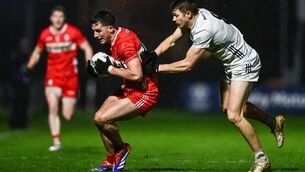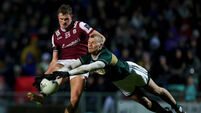Daly always ready to learn from a Catfight
Or mention the final score, 2-12 to 0-9 in Kilkenny’s favour. Or add that Clare’s top scorer was Seanie McMahon with four points from placed balls. Or refer to Ger Loughnane’s famous post-match speech in the Semple Stadium dressing room in which he asserted that Clare would win Munster because there was no team of the new league champions’ calibre in the province.
No, ask Daly about his first big encounter with Kilkenny and the chances are he’ll tell you about the outfits Clare wore.







